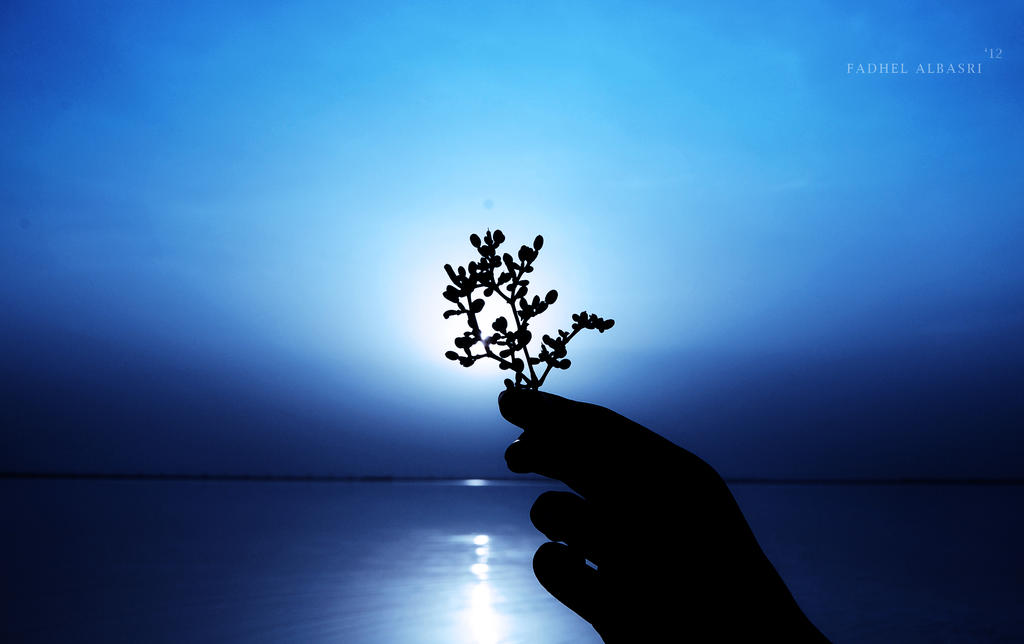A Prayer for the #BlackFriday14
Offered as part of the Interfaith Service and Rally, Wiley Manuel Alameda County Courthouse in Oakland, CA, Nov. 25, 2015
© Rabbi Menachem Creditor
inspired by Pastor Michael McBride, Yehudah Amichai, Rabbi Rachel Barenblat, Rabbi Michael Rothbaum, Bend the Arc: A Jewish Partnership for Justice, and the #BlackLivesMatter Movement
Dearest God,
We stand before you because we must.
We stand before You because
truths that should be self-evident
are not so evident in our country.
Fourteen Black community activists participated in an act of civil disobedience one year ago at the West Oakland BART station, disrupting economic business as usual in the best tradition of our great society. They did this as part of nationwide protests to demand dignity and respect for all Black lives.
And, for this, the District Attorney's office filed criminal charges. For the crime of demanding dignity through non-violent protest they face more serious consequences than many police officers who have taken innocent Black lives.
Many now know the names Michael Brown, Eric Garner, Tamir Rice and Freddie Gray. Jewish tradition adds zochronam livracha, may their memories be for a blessing. But theirs are only four names of many, many needlessly lost, wrongfully taken, Black lives. Tanisha Anderson, Rekia Boyd, Miriam Carey, Michelle Cusseaux, Shelly Frey and Kayla Moore. We will say their names. We, God, will say all their names, marching and acting and crying and singing and demanding and protesting until every elected official, every Presidential candidate, every law enforcement officer, and yes – every District Attorney – knows we’re watching.
We’ll say their names until everyone remembers You’re watching.
Today, God, we call to mind our prophetic teachings, including that of the Reverend Dr. King, who taught us in 1967:
…Power at its best is love
implementing the demands of justice,
and justice at its best is power
correcting everything
that stands against love.
Dr. King’s prayers are not to be appropriated as a tool for easy comfort and self-satisfaction by the established, by the well-off. By those who would reinforce instead of acknowledge their privilege.
His words were honed sharp by the depth of his righteous rage at society’s inequalities. And those dreams he dreamed are, and forever will be, dreams worth dreaming. We lost our teacher so many years ago. But we have not lost his challenge to not search for consensus but to mold consensus by the power of our convictions.
We gather today to remind each other how to dream and how to act in Dr. King's spirit. For as he taught, “We must learn to live together as brothers [and sisters] or perish together as fools.” And we’d like to not be fools, Lord, alone in our suffering. We’ve got so much to do, and the good news is there is more than enough power in our unified community with which to see it done. If we can remain focused on our shared vision for Black Lives, we will be able to do all this and more.
And so we turn to you to breathe
ever more of Your Spirit into us
because we find we cannot breathe,
the arms of armed forces wrapped around our throats
when we call out for justice.
We call to you in defiance of
of a national system that betrays our noble ideals,
where tanks and blood fill our streets,
where every Black man, woman, and child is
twenty times likelier to be killed by police.
We shout to the Heavens with one, unified voice:
Black. Lives. Matter.
We are called by scripture to pray for the day when we will
beat swords into plowshares and study war no more,
when the surplus of war led by greed and deception
will not spill into our streets,
where swords and tanks and rubber bullets and tear gas
will be beaten thinner and thinner,
the iron of hatred vanishing forever.
We pray to You because,
as our prophets have taught us:
human suffering anywhere
concerns men and women everywhere.
We called to you, O God,
because Your Image
was abandoned on rainy concrete for
4 and a half hours.
We call to you, O God,
because Your Spirit
was choked out of a father who
called out 11 times’ “I can’t breathe.”
We call to you because all of America is Ferguson, all of America is McKinney Texas, all of America is Oakland, and all of us are the fourteen young people currently facing obscene charges for the bravery of civil disobedience.
We raise our hands to you,
knowing that the work is ours to do,
black, white, Jewish, Christian, Muslim,
Hindu, atheist, young, old, gay, straight –
These are your images, battered all too often
by those sworn to protect and serve
and a broken judicial system
in need of radical mending.
We are all responsible for what happens next.
And so we pray to You,
Source of Life,
raise up our eyes
to see You in each other’s eyes,
to take risks for justice,
to bring through our unified prayer today
more Love and Compassion into the world.
Ignite us to combat the hidden prejudice
which causes police to open fire in fear,
which transforms a child in a hoodie
into a hoodlum, a person into a threat.
We pray today not for calm but for righteousness
to flow like a mighty river, until
peace fills the earth as the waters fill the sea.
Comfort the families of all who grieve.
Strengthen us to work for a world redeemed.
And we say together:
Amen.















